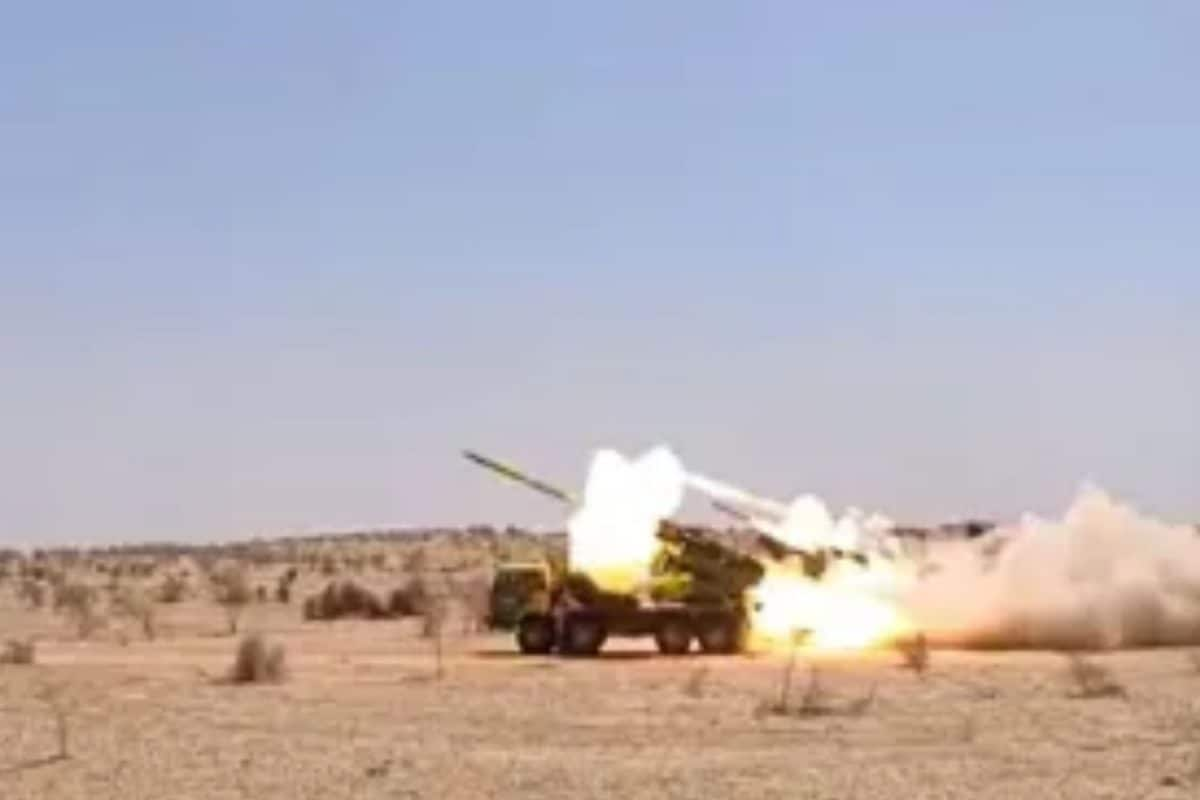

Amid escalating tensions between India and Pakistan following the Pahalgam attack on April 22, 2025, fears of a nuclear conflict resurfaced, fueled by Pakistan's repeated nuclear threats. The attack, which resulted in the deaths of at least 26 people, predominantly civilians, in Indian-administered Kashmir, triggered widespread outrage in India, leading to retaliatory actions. India blamed Pakistan for the carnage, while Islamabad denied any role.
In the wake of the attack, the already strained relations between the two nuclear-armed neighbors deteriorated rapidly. India responded with missile and air strikes, targeting military sites in Pakistan-controlled Kashmir and within Pakistan itself. Pakistan, in turn, vowed to retaliate, claiming to have shot down several Indian jets and a drone. The escalating confrontation raised fears of an all-out war, prompting international concern and diplomatic efforts to de-escalate the crisis.
Pakistan's nuclear doctrine has been a key factor in the dynamics of the conflict. Unlike India, which has a "no first use" policy, Pakistan has not ruled out using nuclear weapons first, especially if it feels an existential threat. This stance is rooted in Pakistan's perception of its conventional military inferiority compared to India. By maintaining the option of a nuclear first strike, Pakistan aims to deter a large-scale conventional attack from India.
The threat of nuclear escalation has, in the past, served as a deterrent, preventing full-scale wars between India and Pakistan. However, the risks associated with this strategy are immense. A nuclear exchange between the two countries could have catastrophic consequences, not only for the region but for the entire world. The close proximity of India and Pakistan means that a nuclear missile could reach its target in a matter of seconds, leaving little time for verification and increasing the risk of a mistaken response.
Recognizing the dangers of escalation, the United States has historically been concerned about the security of Pakistan's nuclear arsenal. Reports suggest that the U.S. has a contingency plan to seize control of Pakistan's nuclear weapons if they are deemed to be at risk of falling into the wrong hands. Moreover, the U.S., along with other global powers like China, has consistently urged restraint and de-escalation during times of heightened tensions between India and Pakistan.
In the recent crisis, the U.S. played a crucial role in mediating a ceasefire between India and Pakistan. Following intense diplomatic efforts, the two countries agreed to halt military operations and begin talks on a broad range of issues. While the ceasefire brought immediate relief, the underlying issues that fuel the conflict remain unresolved, and the risk of future escalation persists.
The role of nuclear weapons in the India-Pakistan conflict is a complex and sensitive issue. While the threat of nuclear retaliation may have prevented all-out wars, it also creates a dangerous dynamic of brinkmanship and the potential for miscalculation. Moving forward, it is crucial for both countries to engage in meaningful dialogue, address the root causes of the conflict, and work towards building a more stable and peaceful relationship. The international community must also continue to play a constructive role in promoting de-escalation and preventing a nuclear catastrophe in the region.